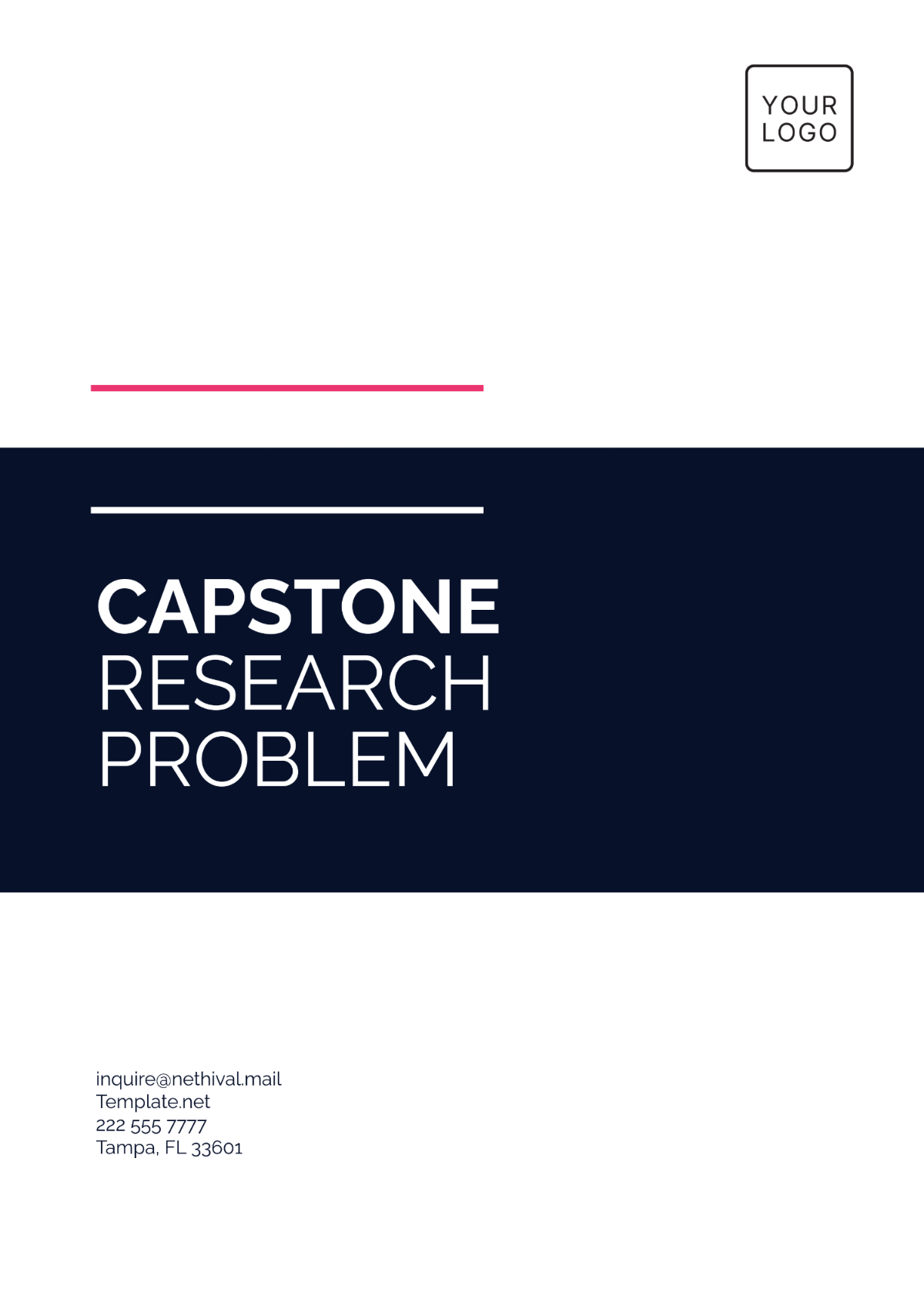Grading System Action Research
Prepared by: [Your Name]
Date: [Date]
1. Introduction
Grading systems are fundamental to educational assessment and student success. This study aims to evaluate and improve grading practices to enhance fairness, accuracy, and student motivation. The focus is on analyzing current grading systems and proposing actionable changes to address identified issues.
2. Research Purpose
The primary objectives of this research are:
To assess the effectiveness of existing grading systems in reflecting student performance.
To identify potential biases and areas where grading practices may be improved.
To propose a more equitable grading system based on data-driven insights.
3. Literature Review
The literature review highlights various grading practices and their impacts:
Traditional Grading Systems: Traditional methods often emphasize numerical scores and letter grades, which can sometimes fail to capture a student's overall learning experience (Smith, 2051).
Alternative Grading Models: Research has explored alternative systems like standards-based grading and narrative evaluations, which aim to provide a more comprehensive view of student abilities (Johnson & Lee, 2052).
Impact on Motivation: Studies indicate that grading systems can significantly influence student motivation and engagement. For instance, a focus on growth rather than fixed outcomes may lead to improved student performance (Wang, 2053).
4. Methodology
This study utilized a mixed-methods approach:
Surveys: Administered to 200 students and 50 educators to gather opinions on grading fairness and effectiveness.
Interviews: Conducted with 15 educators to gain qualitative insights into grading practices and challenges.
Data Analysis: Employed statistical methods to analyze survey data and thematic analysis for interview transcripts.
5. Results
Key findings include:
Perceptions of Fairness: 70% of students felt that current grading practices did not accurately reflect their learning progress.
Biases Identified: Analysis revealed potential biases related to subjective grading and inconsistent application of criteria.
Alternative Models: 60% of educators expressed interest in exploring alternative grading models, such as narrative feedback or competency-based assessments.
6. Discussion
The results suggest that while traditional grading systems are widely used, they may not always provide a fair and comprehensive assessment of student performance. The identified biases and inconsistencies highlight the need for a more equitable approach. Alternative grading models show promise in addressing some of these issues, though further research is needed to fully understand their implications.
7. Recommendations
Based on the findings, the following recommendations are proposed:
Implement Training: Provide professional development for educators on effective and unbiased grading practices.
Pilot Alternative Models: Conduct pilot programs for alternative grading systems in select schools to evaluate their impact on student outcomes.
Enhance Transparency: Develop clear grading criteria and ensure consistent application across different subjects and educators.
8. Conclusion
This research underscores the importance of re-evaluating grading systems to ensure they serve the best interests of students and educators. By addressing the identified issues and considering alternative approaches, educational institutions can enhance the fairness and effectiveness of their grading practices.

















































